Adaptation Finance
As climate change intensifies, businesses across Africa and beyond face growing risks—from extreme heat and water scarcity to supply chain disruptions. Small and medium-sized enterprises (SMEs) and startups in developing economies are particularly vulnerable, experiencing greater productivity losses, lower revenues, and constraints on innovation.
At the Global Center on Adaptation (GCA), we work with International Financial Institutions, international climate funds, banks, investors, and businesses to harness and scale public and private sector investment in climate adaptation. But we don’t just see adaptation as risk mitigation—we see it as an engine for economic growth, innovation, and new market opportunities.
By investing in climate resilience, countries and businesses can gain a competitive edge, unlock new revenue streams, and position themselves as leaders in the transition to a climate-smart economy.
Contact Information
For more information on this program, or to get involved, please contact:

Thu Minh Ta
Specialist, Climate Adaptation Finance
thuminh.ta@gca.org
The Challenge: Climate Change as a Business Risk
- Productivity Declines: Temperature shocks reduce labor productivity in all firms, but the impact is 50% greater for SMEs than for large corporations in developing economies.
- Revenue Losses: In heat-sensitive sectors such as transport and construction, a 1 standard deviation increase in temperature differences can reduce revenues by up to 43%.
- Lack of Finance for Adaptation: Many SMEs struggle to access capital for climate adaptation, limiting their ability to invest in cooling, infrastructure, and resilient supply chains.
- Higher Costs for Larger Firms: While large businesses can mitigate productivity losses through air conditioning and other energy-intensive solutions, this adaptation comes at the cost of higher operational expenses.
Yet, despite these risks, climate adaptation offers investment opportunities.
The Opportunity: Adaptation as a Driver of Growth
Investments in climate adaptation presents a $100 billion opportunity in Africa in sectors such as:
- Agriculture – Scaling drought-resistant crops and climate-smart irrigation solutions.
- Infrastructure & Cities– Climate proofing critical infrastructure and flood-resilient urban systems.
- Energy & Utilities – Investing in decentralized renewable energy and smart grid solutions.
- Transport & Logistics – Expanding climate-resilient supply chains and cold storage solutions.
By positioning adaptation as an opportunity, businesses can innovate, access new markets, and secure long-term profitability.
What We Do
- Mobilize Finance: Working with leading financial institutions in Africa, such as CRDB Bank in Tanzania and Equity Group in Kenya, to expand access to adaptation finance for SMEs and corporates.
- Unlocking Blended Finance for Climate Adaptation: Working with partners such as MIGA to de-risking adaptation investments through blended finance instruments, including guarantees, to help investors and lenders structure financing models that enable businesses to adopt climate resilience solutions.
- Strengthening Business Climate Resilience: Providing technical support to enterprises on climate risk integration, supply chain resilience, and adaptive business models, and enhancing SME capacity to invest in climate-smart infrastructure and innovation.
- Creating Enabling Policies for Private Sector Action: Working with governments and partners such as the IMF to advocate for and design policy reforms that create an enabling environment for private sector adaptation investment.
- Driving Market Transformation: Partnering with the World Economic Forum and global financial leaders to integrate adaptation into corporate sustainability and finance agendas.
Our Adaptation Finance Program deploys these approaches to build the capacity of vulnerable countries and businesses to drive adaptation at a much greater scale through its targeted business lines:
Goal for 2025
Increase financial flows for Adaptation and Resilience to the African continent by more than US$ 5 billion between 2021 and 2025
Direct access empowers governments, institutions, and communities to manage and disburse climate finance according to their unique circumstances, enhancing ownership, accountability, and sustainability of adaptation projects. By bypassing traditional intermediaries, direct access minimizes transaction costs, streamlines decision-making processes, and accelerates the flow of funds to the most vulnerable communities and ecosystems. GCA’s engagement includes support in the process of accreditation and reaccreditation to the Green Climate Fund and Adaptation Fund, technical support in the preparation of funding proposals and concept notes, and capacity building support for Direct Access Entities, with a particular focus on the private sector actors. In 2025, GCA is evaluating how to deepen the impact of this initiative by leveraging global climate funds to unlock finance for Locally Led Adaptation.
In our approach to adaptation finance, we also recognize the critical role of financial institutions in driving climate-resilient development at the local level. Financial institutions play a key role in mobilizing and channeling finance towards adaptation projects that address the specific needs and priorities of local businesses and communities. GCA’s support aims to strengthen capacity to assess climate risks, integrate adaptation considerations into investment decisions, and develop innovative financial products tailored to support climate-adaptation initiatives. Through this engagement, GCA seeks to build a robust ecosystem of financing solutions that enables local governments, businesses, and communities to effectively adapt to climate change impacts. In 2025, GCA will work with banks and other financial institutions to embed climate risk evaluation practices and build the business case for adaptation and resilience investments to scale financial flows through the private sector.
Vulnerable countries need to deploy a diverse range of financial instruments to unlock capital for adaptation. Innovative financial instruments such as green bonds, climate risk insurance, and blended finance facilities can play a pivotal role in attracting capital from both public and private sources. Green bonds, for instance, provide investors with opportunities to finance projects with environmental benefits, including adaptation initiatives.
Blended finance facilities combine public and private funds to mitigate risks and enhance the attractiveness of investments in adaptation projects. In 2025, a focus will be made on policy-based lending mechanisms such as financing facilities through the IMF, along with other innovative instruments. By leveraging these financial instruments strategically, we can unlock capital at scale.
News
Blog
Technical and Whitepapers
State and Trends in Climate Adaptation Finance 2024
This report covers global status and trends of adaptation finance and provides a deeper analysis of Africa at a regional level, given the heightened adaptation needs and opportunities on the continent. Across the globe, and especially in Africa, climate smart and resilient development pathways offer enormous investment opportunities with a triple dividend of avoided losses, positive economic gains, and enhanced social and environmental benefits.
Accelerating Adaptation Finance – Africa and Global Perspectives
In the context of the Africa Climate Summit, this policy brief highlights the need to dramatically increase the amount and efficacy of adaptation financing to Africa. This brief also spotlights the persistent challenges related to adaptation finance flows in Africa, and highlights priority actions for the global finance community to undertake to address them.
Strategy and Planning to Redouble Adaptation in Africa: A Review
This study provides a detailed review of the national strategic adaptation documents prepared by governments in the African continent. It examines the main characteristics of these strategic adaptation plans, their depth and coverage, and the degree to which these documents demonstrate a supportive environment to implement the most critical adaptation programs at scale for each country.
Videos
Past Events
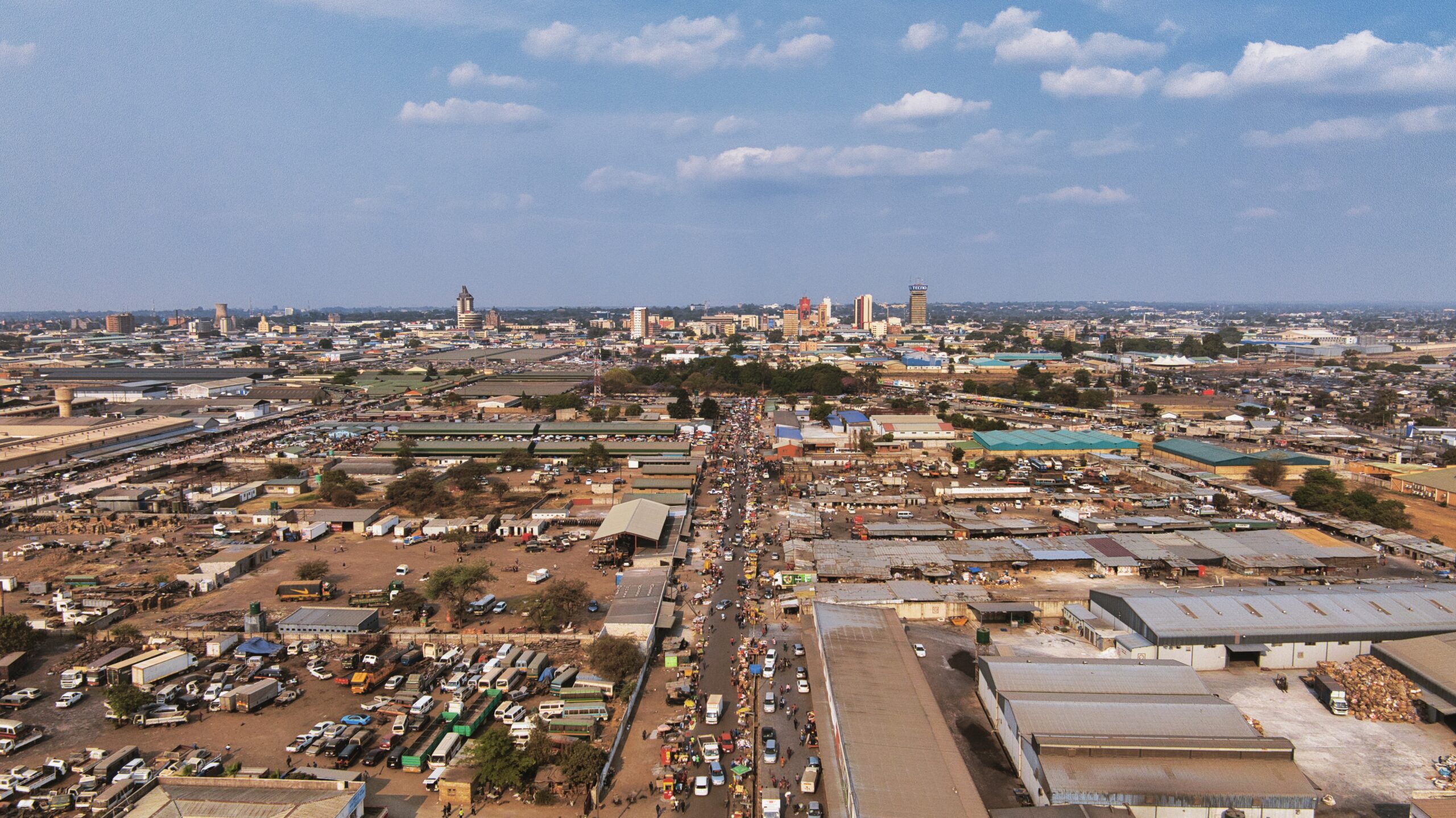
Zambia Roundtable Discussion on Manufacturing, Energy andInfrastructure Adaptation Investment Markets for Commercial Banks
4 November 2025
Neelkanth Sarovar Premiere, Lusaka, Zambia
Plenary Event: Enabling Adaptation Investment Markets for Agriculture and Food Systems in Africa
29 October 2025
Edge Convention Center, Nairobi, Kenya

Mainstreaming Tools and Platforms to accelerate Nature based Solutions (NbS) investing
4 September 2025
Nairobi, Kenya

Masterclass on Climate Adaptation Finance
3 September 2025
Nairobi, Kenya

The Role of Regional Financial Institutions in Africa’s Adaptation and Resilience Finance
26 June 2025
London, the UK

Unlocking Debt Financing for Climate Adaptation & Resilience in Africa
19 March 2025
KOFISI Square, Riverside Square, 104 Riverside Dr, Nairobi, Kenya

Training on Adaptation Finance: Enabling Direct Access to the Green Climate Fund in Bangladesh
5 March 2025
Dream Square Resort, Gazipur, Bangladesh

Unlocking Private Capital for Adaptation Finance Roundtable
13 December 2024
KOFISI Square, Riverside Square, 104 Riverside Dr, Nairobi

Workshop on Climate Finance and Project Development:Exploring the Role of the Private Sector in Climate Adaptation
12 December 2024
Dakar, Senegal

Enhancing Direct Access for Locally Led Adaptation
4 December 2024
Hotel Safari Park, Nairobi, Kenya

Training on Adaptation Finance: Enabling Direct Access to the GCF in Bangladesh (Phase II: GCF Mechanism and Proposal Write shop)
22 September 2024
Renaissance Dhaka Gulshan Hotel, Bangladesh

GCA-GCF Workshop: A Step-by-Step Methodology for Originating a Pipeline of Project Concepts for Climate Resilience
13 November 2023
Windhoek, Namibia
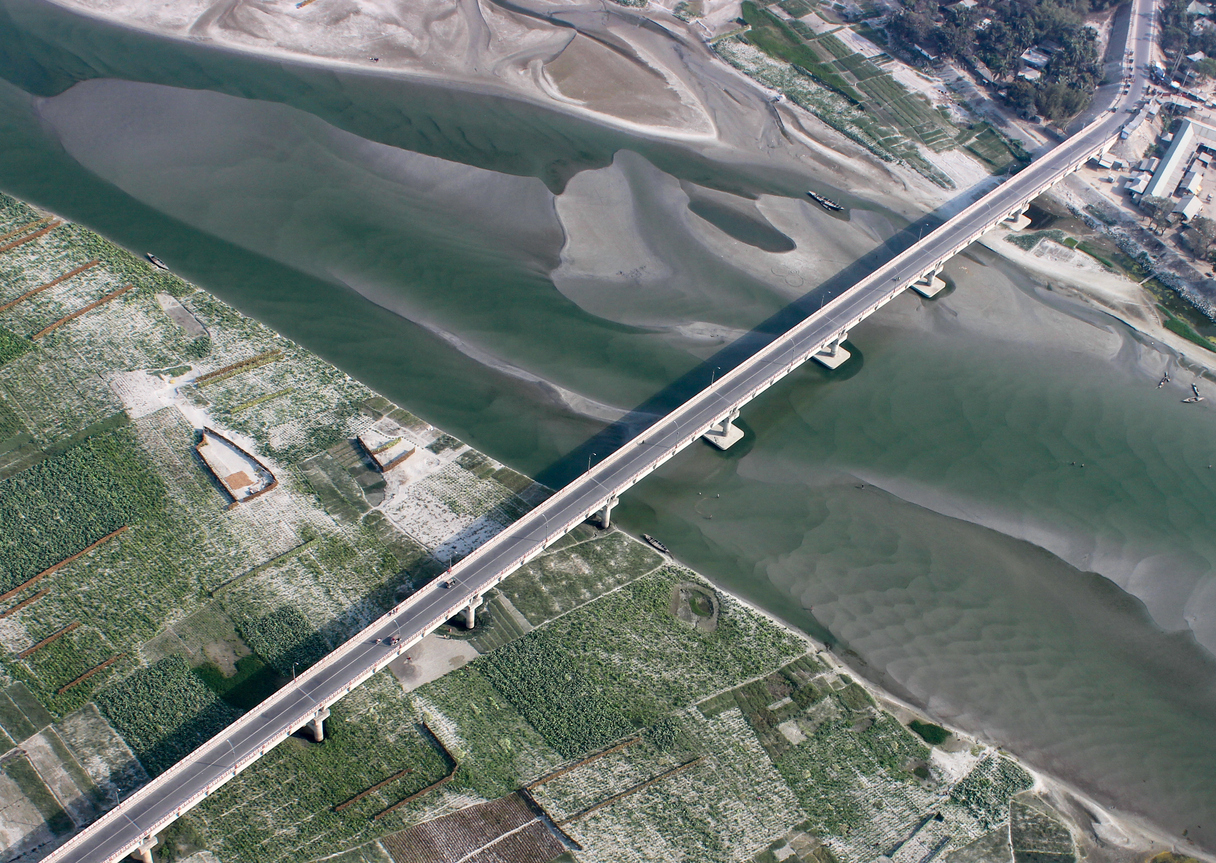
Training on Adaptation Finance: Enabling Direct Access to the Green Climate Fund in Bangladesh
5 November 2023
Pan Pacific Sonargaon, Dhaka, Bangladesh

Mobilizing Africa’s Financial Sector for Low-carbon and Climate-resilient Development
6 September 2023
Villa Rosa Kempinski Hotel, Nairobi, Kenya (Hybrid)

Webinar: How is the African insurance industry responding to climate change?
6 June 2023
Global

Webinar: How are African banks coping with Climate Change?
16 May 2023
Global

Webinar: Climate Change: What does it mean for the Financial Sector in Africa?
9 May 2023
Global
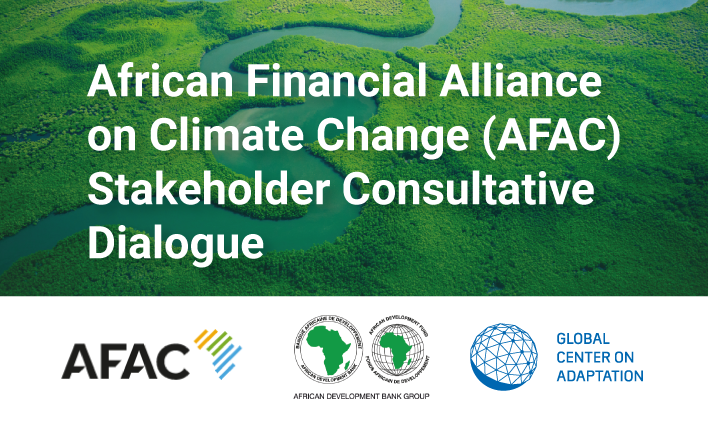
African Financial Alliance on Climate Change (AFAC) Stakeholder Consultative Dialogue
11 November 2022
Africa Pavilion, Sharm El-Sheikh, Egypt
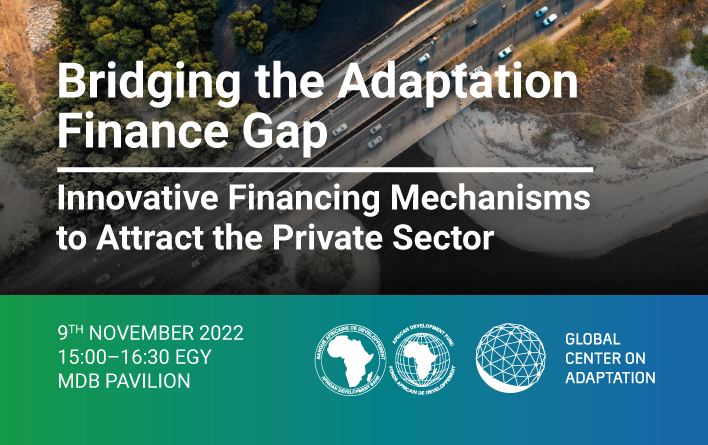
Bridging the Adaptation Finance Gap: Innovative Financing Mechanisms to Attract the Private Sector
9 November 2022
MDB Pavilion, Sharm El-Sheikh, Egypt
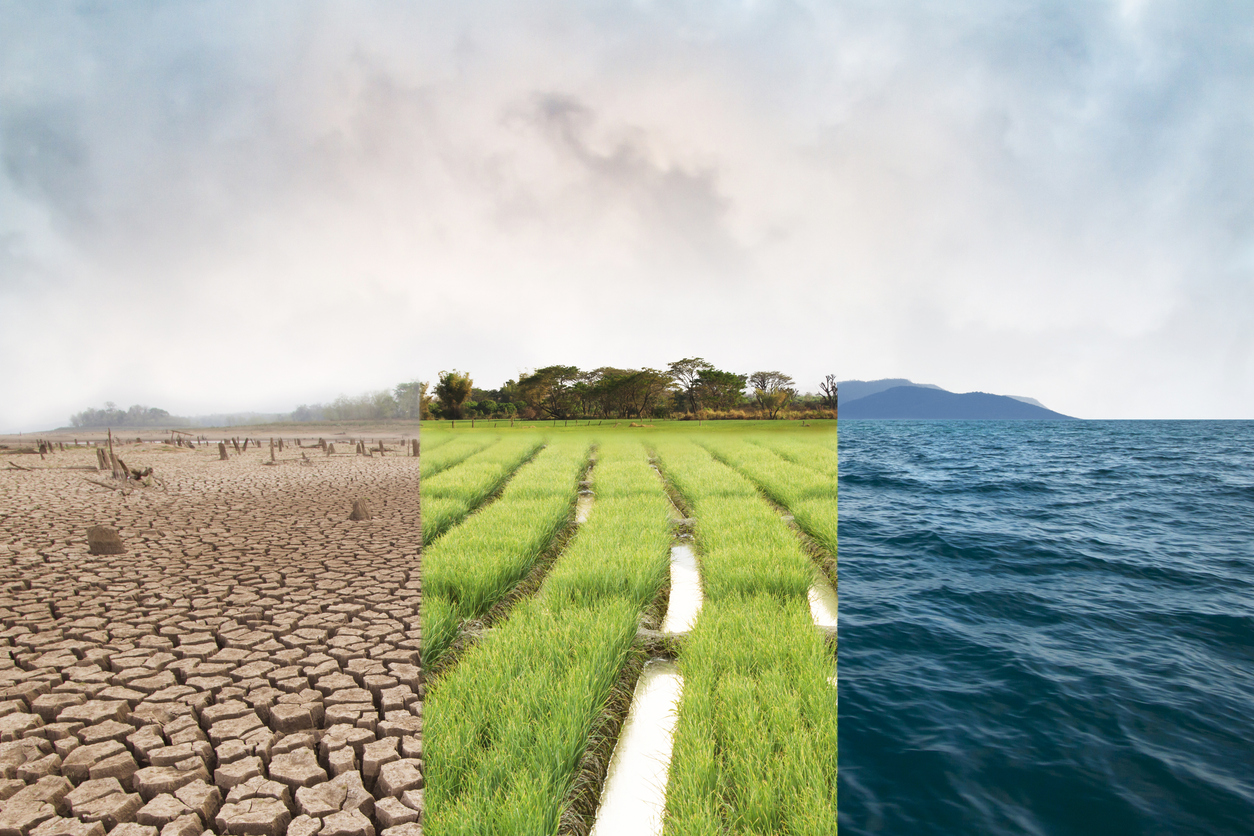
Regulatory state and private sector initiatives on climate risks in the African financial sector
10 November 2021
Africa Pavilion (Glasgow, UK)

Green Bonds for Climate Resilience: Unlocking Trillions for a Resilient Future
9 September 2021
Global
Contact Information
For more information on this program, or to get involved, please contact:

Ali Haider
Senior Climate Finance Specialist
ali.haider@gca.org